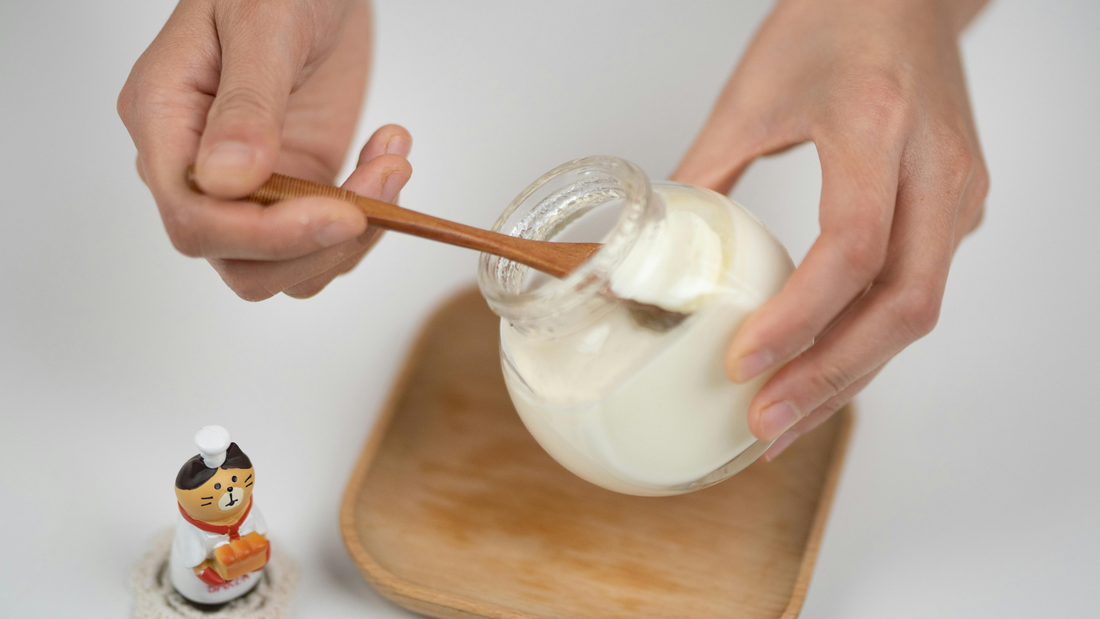
How do Probiotics Work for Gut Health?
Share
The human gut is home to trillions of microorganisms that play a crucial role in digestion, immune function, and overall health. Probiotics, which are live beneficial bacteria, contribute to gut microbiome balance and enhance gastrointestinal health. This article explores the mechanisms by which probiotics work, their benefits, and their role in preventing and managing various gut-related disorders.

Mechanisms of Probiotic Action
Probiotics exert their effects through multiple pathways:
Restoring Microbial Balance: Probiotics help replenish beneficial bacteria and outcompete harmful microbes.
Enhancing Mucosal Barrier Function: They strengthen the intestinal lining, reducing permeability and preventing the entry of toxins.
Modulating Immune Responses: Probiotics interact with immune cells to reduce inflammation and enhance defense mechanisms.
Producing Short-Chain Fatty Acids (SCFAs): Beneficial bacteria ferment dietary fiber to produce SCFAs, which support gut health.
Inhibiting Pathogen Growth: Probiotics produce antimicrobial compounds and lower gut pH to inhibit harmful bacteria.
Benefits of Probiotics for Gut Health
Benefit |
Mechanism |
|---|---|
Improved Digestion |
Enhances breakdown of food and nutrient absorption |
Strengthened Gut Barrier |
Reduces intestinal permeability and prevents "leaky gut" |
Reduced Inflammation |
Lowers pro-inflammatory cytokines and promotes immune balance |
Protection Against Infections |
Competes with pathogens for adhesion sites and resources |
Support for Mental Health |
Regulates gut-brain axis and neurotransmitter production |
Probiotics and Specific Gut Disorders
1. Irritable Bowel Syndrome (IBS)
Probiotics help reduce bloating, gas, and diarrhea by improving microbial diversity and modulating gut motility.
2. Inflammatory Bowel Disease (IBD)
Strains like Lactobacillus and Bifidobacterium reduce gut inflammation and support remission in Crohn’s disease and ulcerative colitis.
3. Antibiotic-Associated Diarrhea
Probiotics replenish gut flora disrupted by antibiotics, preventing Clostridium difficile infections.
4. Constipation Relief
Certain probiotics enhance gut motility and stool consistency by increasing SCFA production.
Sources of Probiotics
Natural Sources |
Fermented Foods |
Supplement Forms |
|---|---|---|
Curd (Dahi) |
Dosa (fermented rice and urad dal batter) |
Capsules |
Buttermilk (Chaas) |
Idli (fermented rice and urad dal) |
Powders |
Paneer (in limited amounts) |
Kanji (fermented black carrot drink) |
Liquid formulations |
Lassi |
Pickled Vegetables (fermented with mustard) |
Chewable tablets |

Considerations for Probiotic Use
Strain-Specific Benefits: Different strains offer distinct benefits; choosing the right one is essential.
Dosage and Viability: Effective doses typically range from 1 billion to 10 billion CFUs per serving.
Survivability: Some probiotics require enteric-coated capsules to survive stomach acid.
Prebiotic Support: Combining probiotics with prebiotic fibers (found in onions, garlic, bananas) enhances their effectiveness.
In Summary
Probiotics play a vital role in maintaining gut health by restoring microbial balance, enhancing gut barrier function, and modulating immune responses. Their benefits extend to digestive health, immune support, and mental well-being. When choosing probiotics, strain specificity, dosage, and formulation should be considered to maximize their effectiveness.
FAQs
1. How long does it take for probiotics to work?
Probiotics can show effects within a few days to weeks, depending on the condition being treated.
2. Can probiotics help with bloating?
Yes, certain probiotic strains like Lactobacillus acidophilus and Bifidobacterium lactis help reduce bloating.
3. Are probiotics safe for everyone?
Generally, probiotics are safe, but immunocompromised individuals should consult a doctor before use.
4. Can I take probiotics with antibiotics?
Yes, taking probiotics alongside antibiotics helps prevent antibiotic-associated diarrhea.
5. Do probiotics need refrigeration?
Some probiotics require refrigeration for viability, while others are shelf-stable.
